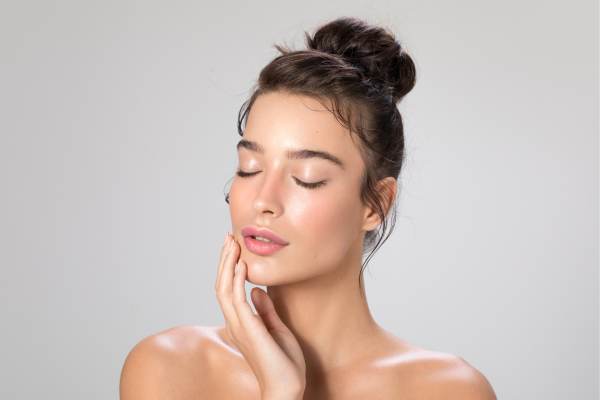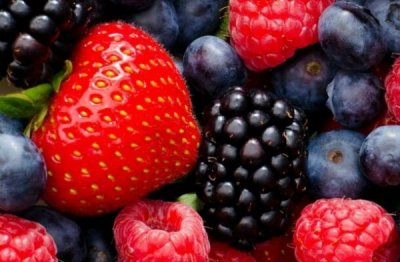Collagen for increased beauty

Collagen for increased beauty
No matter how old you are, it is highly likely that your age is perceived by the status of the largest organ in your body: the skin.
Luckily, you can influence your skin's visible signs of aging. In fact, lifestyle factors play a role! Stress levels and your daily eating habits can affect how your genes are expressed! It may sound scary, but it's actually good news! This means that YOU have a lot of control over one thing that affects your health and beauty: the increased breakdown of collagen .
Why is collagen so important when it comes to appearance and skin health?
Collagen is actually the most abundant protein in the human body. 70% of skin, hair and nails and almost 100% of connective tissue are made up of collagen. Collagen is what holds your body together: from the hair on your head to every inch of your skin, to the mobility of your joints. Collagen even affects the health of your intestines and stomach.
What happens to collagen as we age?
As we age, the body's natural production of collagen decreases dramatically. Over 25? Then you're most likely already losing collagen. When collagen levels in the body decrease, the skin begins to age, with less elasticity and reduced hydration. Creaky joints and intestines that are not functioning optimally can also contribute to this. A lower amount of collagen in the body can even mean thinner hair and more brittle nails.
Is collagen good for healthy hair?
Hair is primarily made up of the protein keratin. Your body uses several amino acids to build keratin - some of which can be found in collagen. When you consume collagen and other proteins, your body breaks them down into amino acids, which are then used to build new proteins and compounds.
There are 11 non-essential amino acids that your body can make and 9 essential amino acids that you need to get from your diet. Collagen is mainly made up of 3 non-essential amino acids: proline, glycine and hydroxyproline.
Proline is also the main component of keratin, so consuming proline-rich collagen should give your body the building blocks it needs to create hair.
Is collagen good for nails?
Collagen is essential for nail health. Collagen helps moisturize the nail bed and cuticles, while also acting as a nutritional supplement for brittle nails to replenish keratin - so nails grow longer, faster, and stronger.
Here are some collagen statistics….
- A person loses approximately 1–2% of their collagen every year.
- This loss usually begins around the age of 25.
- This loss of collagen increases drastically when a person reaches the age of 40.
- By the time a person reaches 40 years of age, they will likely have lost 10–20% of their collagen.
- Collagen production in an 80-year-old is up to 75% less than in a person in their 30s.
- This reduction in collagen can result in reduced mobility, less muscle mass, reduced muscle capacity and poorer skin health. But it’s not just the natural aging process that robs us of our collagen… there are other “thieves” that reduce the body’s collagen levels…
What causes collagen to decrease?
- Poor sleep
- A high consumption of sugar
- Injuries and unhealthy joints
- High cortisol levels caused by psychological stress
- Overexposure to the sun
- A diet low in antioxidants
- Sedentary life with little activity
- Poor gastrointestinal health
- Free radicals
- Vitamin C and zinc deficiency
Collagen synthesis is like “a complex orchestra of intracellular and extracellular events” that lead to the formation of collagen in our bodies, usually with the help of enzymes in the body. Basically, collagen cannot be created without certain essential nutrients such as vitamin C and zinc.
Fortunately, there are natural collagen boosters!
Top 5 collagen boosters…
- Broth made from animal parts, preferably boiled for 48 hours on bones, tendons and ligaments from, for example, chicken or meat, to get as much collagen out as possible.
- Adaptogenic herbs, such as ashwagandha (ashwagandha can lower levels of the stress hormone cortisol)
- Foods rich in vitamin C , such as citrus fruits, broccoli, and peppers
- Sulfur-rich foods, such as garlic, onions, egg yolks, and cruciferous vegetables like broccoli, cauliflower, cabbage, and kale
- Herbs and spices rich in antioxidants, such as turmeric and green tea
All of the above examples are great collagen boosters, but none of them compare to the world's best collagen booster: dietary supplements with collagen powder .






